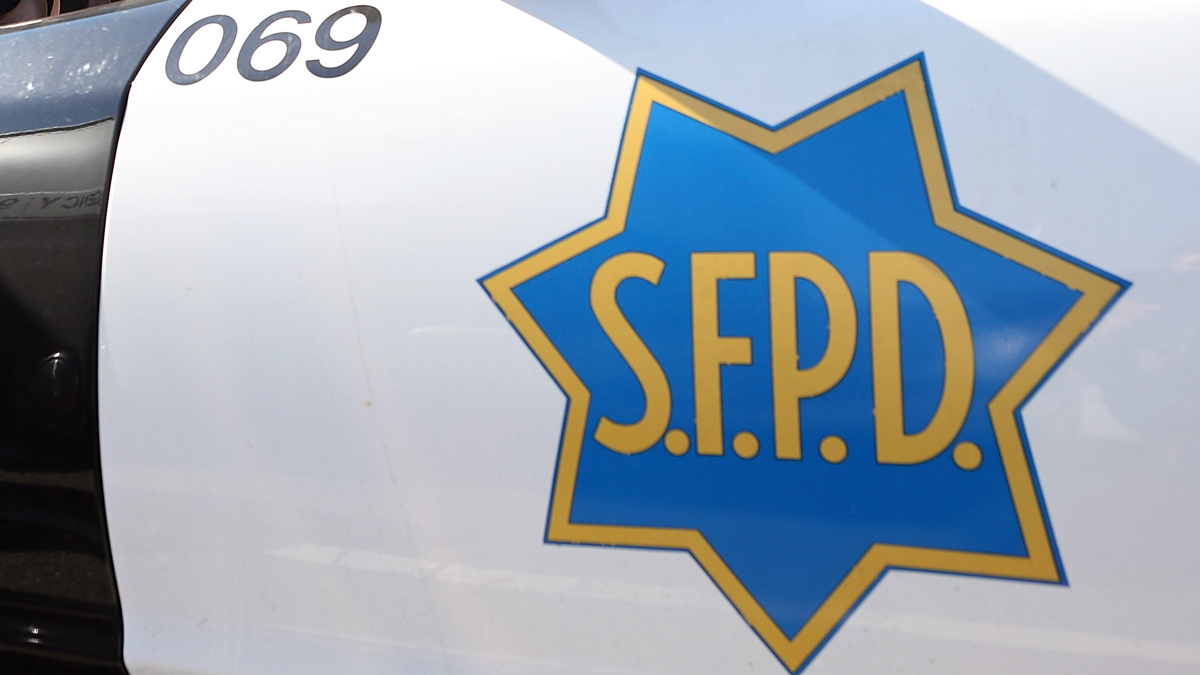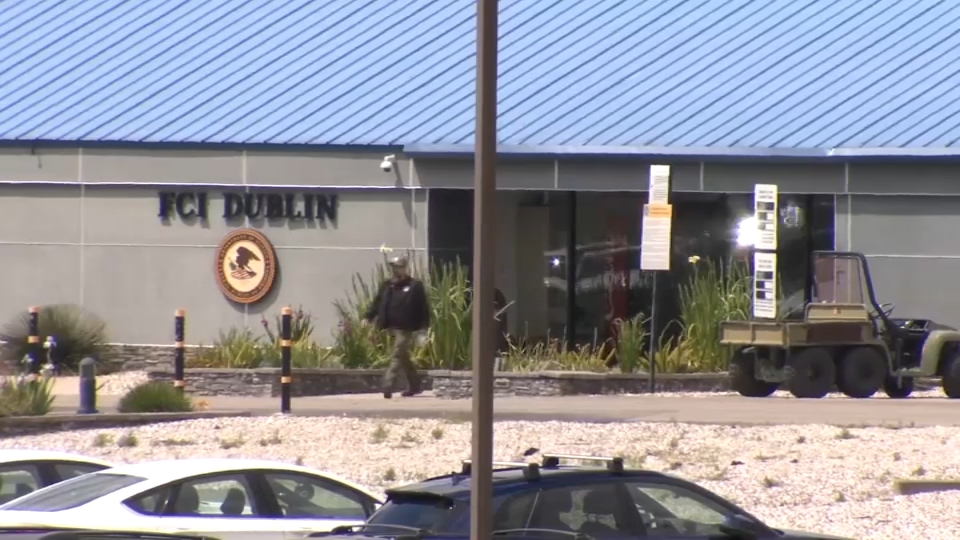Calls for transparency rang from city hall Tuesday as San Jose Police Chief Larry Esquivel presented the agency’s Department Initiated Investigations (DII) statistics for 2013.
The report details the number internal investigations sparked by complaints against officers that were initiated from within the department.
According to the report, the total number of DII allegations fell during the last five years from 97 in 2009 to 52 in 2013.
But the rate of those found to be true, or sustained, remained consistent hovering around 75 percent.
The report also shows that in the last two years, 124 internal police allegations were sustained, including 30 allegations for conduct unbecoming of an officer. Only two of those officers were either demoted or fired in 2012, while none received such discipline in 2013.
While the DII report details annual statistics for investigations and disciplinary actions, the Peace Officers’ Bill of Rights (POBAR) prevents the public from knowing all the details including the names of officers who have been found to have committed misconduct. In addition, SJPD does not provide any narrative or description of the conduct being investigated.
It’s an omission that the Independent Police Auditor (IPA) and former Judge Ladoris Cordell wants the department to address.
“When you hold individuals and organizations accountable they are much less likely to engage in misconduct or misbehavior,” Cordell told NBC Bay Area.
Cordell presented her office’s independent annual audit report to the city council Tuesday and formally gave her recommendations to increase transparency within SJPD. Her suggestions include requiring the department to provide a descriptive narrative in their DII report, allowing the public to understand why an officer was disciplined or exonerated.
Local
“There is a due process for the employee which we need to be mindful of and there is a process that we have and I think the process is pretty thorough and fair,” Esquivel told NBC Bay Area.
While the department does not disclose any information about specific internal investigations, Esquivel assured that his office treats all allegations as a serious matter.
“Whether it’s a conduct complaint through a citizen or the IPA or internal affairs, those are all not only investigated in every instance, but we don’t look lightly on those,” Esquivel said.
Esquivel trumpeted the recent decline in DII allegations brought against SJPD officer as the result of SJPD’s efforts to improve officer conduct.
“Believe me, [officers] are held to a standard and that’s what we’ll impose,” Esquivel said.
Still, Mayor Chuck Reed agreed with the independent auditor’s office that the agency could be more transparent.
“You can’t really figure out what happened to this person after [an allegation] is sustained. We will never know what happened to the person,” Reed said as he called for the agency to provide more information about the conduct of fired police officers. “It’s important for the public to understand that we do discipline police officers”
Despite the calls for additional information, SJPD is still among the more transparent police agencies in the state.
San Jose is one of only four Bay Area cities (Palo Alto, San Francisco and Oakland) with independent public oversight monitoring police conduct. However, both Esquivel and Cordell agreed that still areas for improvement.
One of the hotly debated areas at Tuesdays meeting was surrounding how to discipline officers who lie to criminal investigators and internal affairs.
The auditor recommends SJPD policy be modified to require officers who lie to investigators be fired after her audit uncovered two separate cases of officers lying to internal affairs.
The city council couldn’t agree on whether to adopt such a policy Tuesday, and according to the data presented, the officers in question appear to remain on the force as neither were fired nor demoted.



